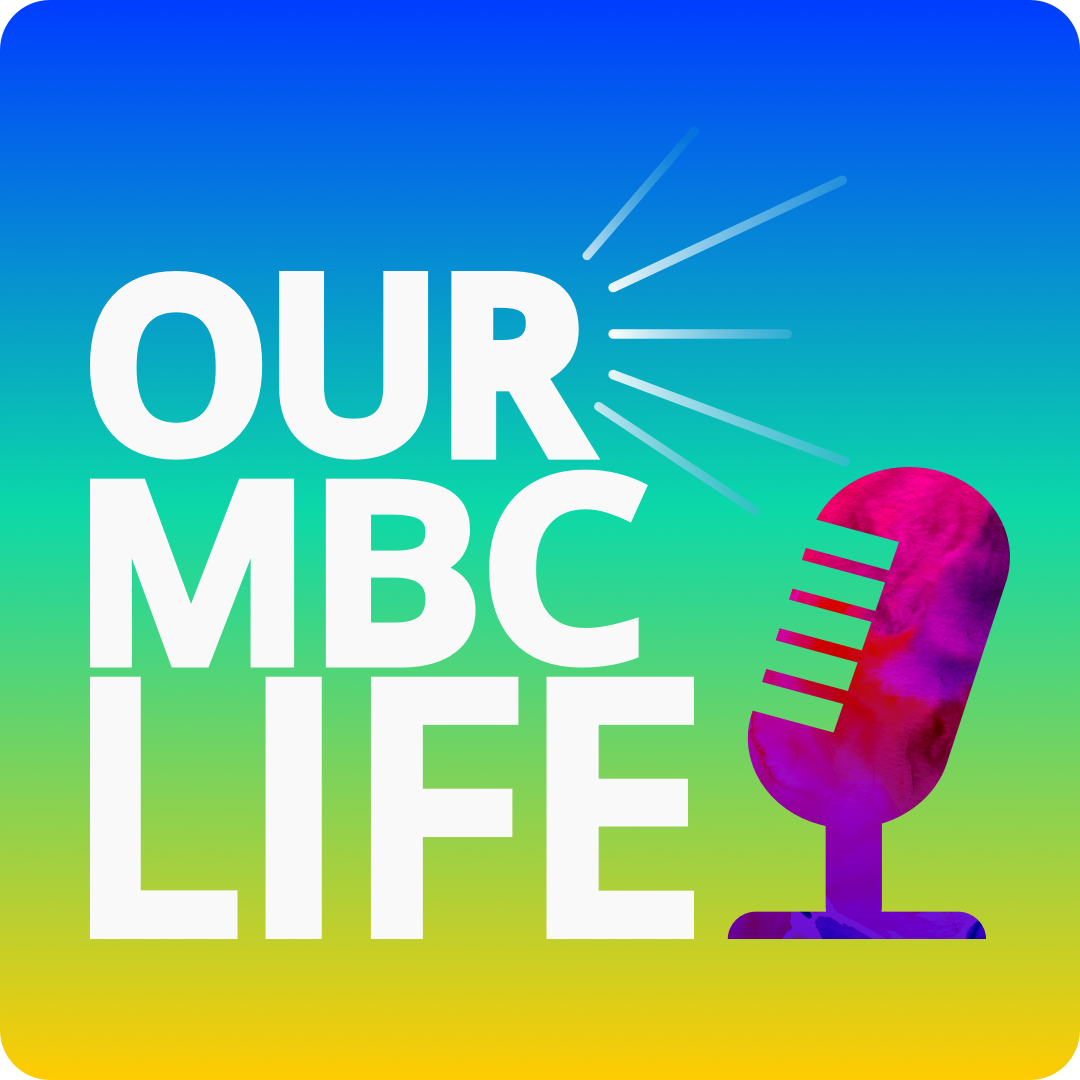Healing our Distress: The Potential of Psilocybin-assisted Therapy
Welcome to our series on the potential of psilocybin-assisted therapy to help us live as well as possible with metastatic breast cancer.
Distress, including anxiety, depression, and loss of meaning, is a common side effect for those of us living with MBC. Psilocybin-assisted therapy has been tested and found effective in relieving distress among advanced cancer patients, but is not widely available. Our new series provides an introduction to the potential of psilocybin-assisted therapy in healing—rather than suppressing—our distress.
In this first episode, co-host and producer of this series, Dr. Paula Jayne and co-host Lynda Weatherby interview Dr. Boadie Dunlop, Director of the Mood and Anxiety Disorders Program at Emory University. Dr Dunlop shares existing and emerging data on how psilocybin may help those of us living with MBC and discusses an upcoming pilot trial of psilocybin-assisted therapy at Emory University’s Palliative and Supportive Care Clinic.
Episode Notes & Resources
How might psilocybin-assisted therapy help with distress?
Psychedelics may ease cancer patients’ depression, anxiety (Washington Post)
Calming a Turbulent Mind (Scientific American)
Selected research on psilocybin-assisted therapy with cancer patients
Three recent trials showed benefit of psilocybin assisted psychotherapy for cancer patients.
Pilot study from UCLA (2010) Research Article
Study from Johns Hopkins University (2016) Summary Research Article
Study from New York University (2016) Summary Research Article
Longitudinal data (2020) Summary Research Article
Current & upcoming cancer-related clinical trials on psilocybin-assisted therapy
Study of Psilocybin Enhanced Group Psychotherapy in Patients With Cancer (HOPE)
Pragmatic Trial of Psilocybin Therapy in Palliative Care (PT2PC) (Not yet recruiting as of June 2022)
Psilocybin Therapy in Advanced Cancer (Not yet recruiting as of June 2022)
The Safety and Efficacy of Psilocybin in Cancer Patients With Major Depressive Disorder (Active but no longer recruiting)
Psilocybin for Psychological and Existential Distress in Palliative Care (Canada)
Research Centers
Meet the Guest of this Episode
Boadie W. Dunlop, MD, MSCR
Dr. Boadie Dunlop is Professor of Psychiatry and Behavioral Sciences at Emory University in Atlanta, where he holds the positions of Director of the Mood and Anxiety Disorders Program, Director of the Adult Psychiatry Outpatient Programs, and Medical Director of the Emory Healthcare Veterans Program. He graduated from Mayo Medical School in 1997, completed his residency in Psychiatry at Emory in 2001, followed by a fellowship in Clinical Neuroscience in 2004 and a Masters of Science in Clinical Research in 2012. He is now in his 25th year at Emory. His clinical research program is focused on the neurobiology, psychopharmacology, and personalized treatment of major depression, bipolar disorder, and post-traumatic stress disorder, including psychedelic-assisted psychotherapy. He has served as an investigator for more than 70 clinical studies of medication and psychotherapy treatments for these disorders. Dr. Dunlop has authored 14 book chapters and over 120 research papers in psychiatry and maintains an active role in the education of psychiatry residents and provision of clinical care.

